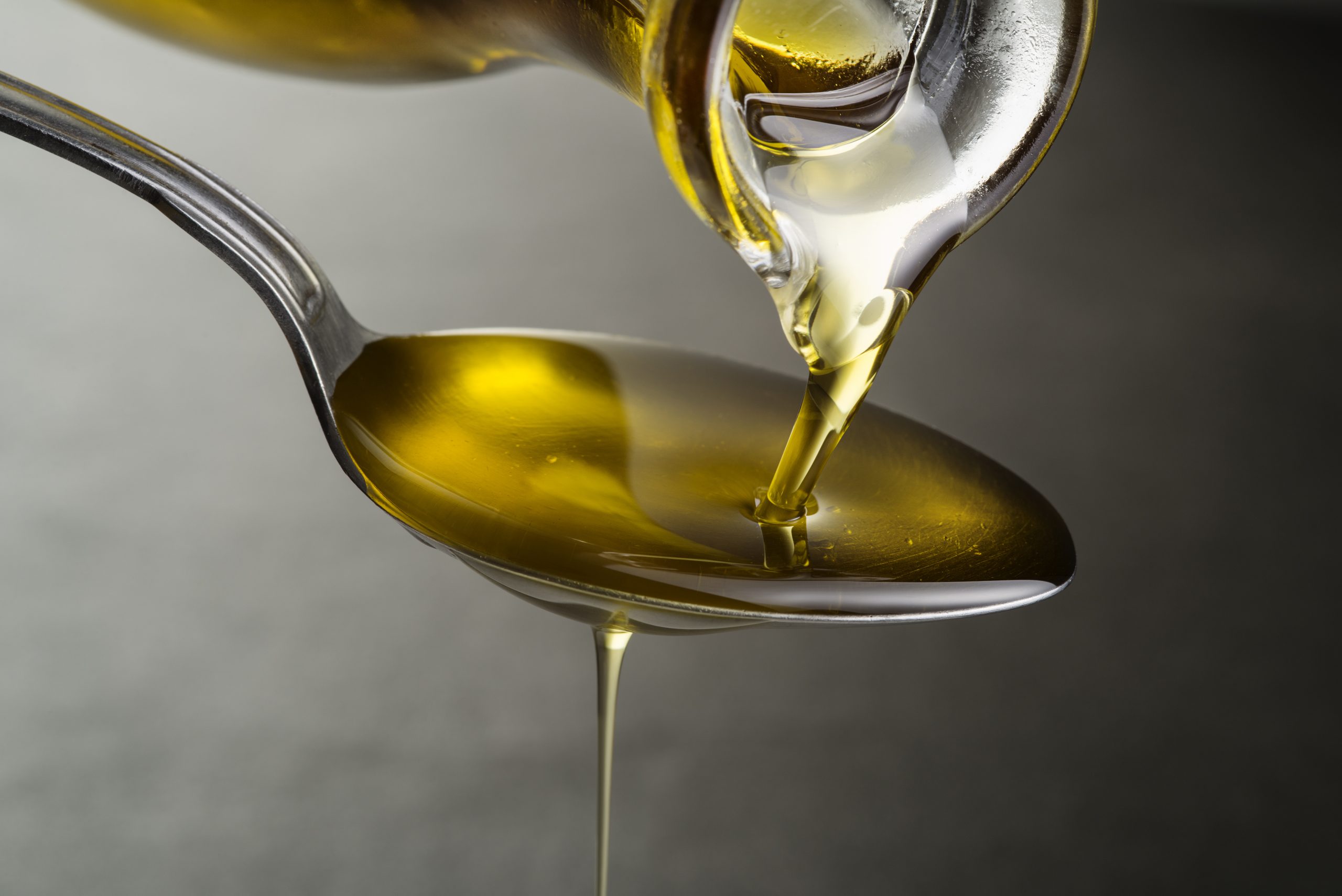According to experts, the olive oil industry has been plagued by continuous challenges for the better part of a decade, and the situation is becoming progressively dire.
A fast-spreading bacteria that kills olive trees is one of the most severe issues, combined with COVID-related production challenges and supply issues stemming from Ukraine’s ongoing war.
According to Atlas Obscura, the problems began over a decade ago when a bacteria known as Xylella fastidiosa began damaging olive trees in Italy, killing an estimated 20 million in Puglia. The bacteria causes the trees to acquire an unhealthy pale tint and leaves them with “no chance of survival.”
The bacteria, spread by hilaenus spumarius, a type of insect that feeds on tree sap, has already expanded beyond Puglia, which produces 12% of the world’s olive oil. According to Atlas Obscura, it has now spread to the entire country of Italy, as well as other Mediterranean nations.
“This is the most critical time [for olive oil]. There is an unforeseeable future,” said Pietro Brembilla, owner of Italian culinary good retailer Sogno Toscano.
“I am pretty worried. I love my country, but we’re not the best at taking matters into our own hands. There have only been slow changes [in fixing the blight issue].”
However, according to Francesco D’Onofrio, a sourcing officer with the retailer Supermarket Italy, government-supported programs such as mass tree planting are beneficial in combating the bacteria.
“I’ve spoken with many major producers in Italy today, and they do not see any issues with the product for the 2023 harvest,” D’Onofrio told The Post. Nevertheless, he recognizes that a lot more problems are impacting the oil.
According to Greco, container expenses for imports such as olive oil and even canned tomatoes have risen from $4,000 to $9,000 to $12,000. As a result, he and many other local merchants have had to raise their prices.
According to Brembilla, the Russian invasion of Ukraine has added a “cherry on top” of these business-altering issues.
Ukraine used to be a world leader in sunflower oil production, but since the Russian invasion, all production has been halted.
According to Brembilla, manufacturers have resorted to substituting olive oil for sunflower oil, driving up the cost of some olive oils by as much as 40%.
Brembilla is concerned about the long-term repercussions of the bacteria on Italy and one of its most famous commodities.
“I do worry for the future that other nations will rely less and less on importing from Italy because of these things.”



